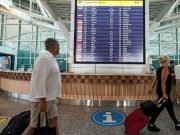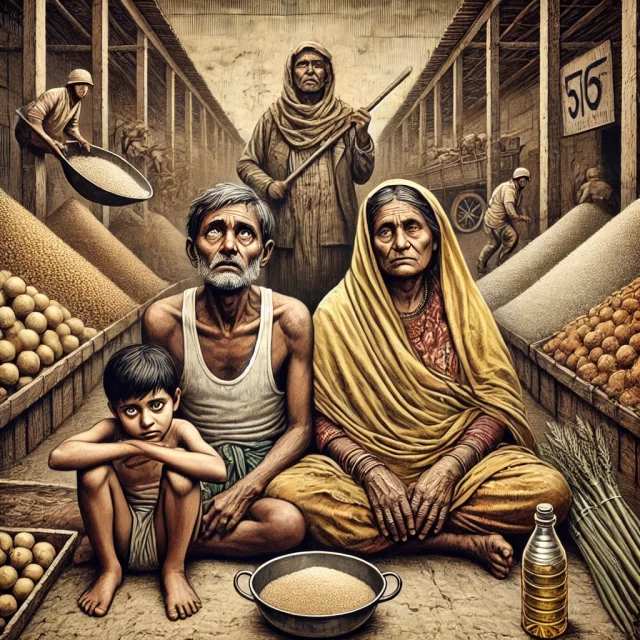Rising inflation in the world has turned into a global concern, which hurts the vulnerable sections in the process. A recently released report by the Research and Policy Integration for Development study group said that 78 lakh people in Bangladesh have been rendered poor due to inflationary rises over the last two years That, quite basically, is an ominous situation pointing towards high socio-economic challenges at grips, when essential commodities and services continued spiraling upwards in this impoverished South Asian country.
Inflationary Upheaval
Bangladesh’s inflation continued a steep upward climb. A cause of it could well be identified as the global disruption in supply chains, continuous virus disruptions due to the COVID-19 pandemic, and of course, the Russia-Ukraine War hitting food, fuel, and all kinds of important products very hard. In 2023, the inflation spiked to a multi-year high, with the food component at more than 10 percent. It is considered one of those devastating increases that happened within a country where most people spend their money on food.
Impact of Poverty
RAPID estimates that an increase in inflation has led to forcing 78 lakh (7.8 million) people under the poverty line, merely in two years. Low-income families continue to bear the worst pangs of this economic crisis and are suffering a serious hit on their spending due to reduced purchasing power. Soaring expenses of rice, lentils, cooking oil, and vegetables, increased prices for transportation, and utility items together have put many families in straits.
Moreover, wages did not keep pace with inflation, thereby further deteriorating the living conditions of the working class. Informal sector workers comprise a huge proportion of the labor force in Bangladesh, and they are particularly vulnerable in the absence of job security and social safety nets.
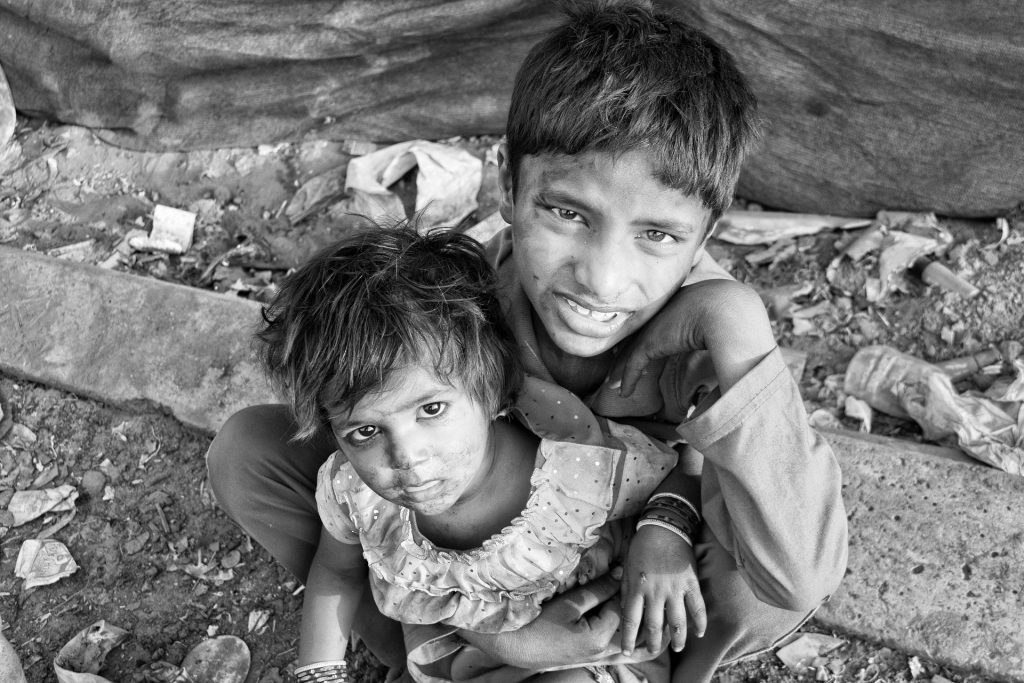
Effectiveness of Inflation in the countery
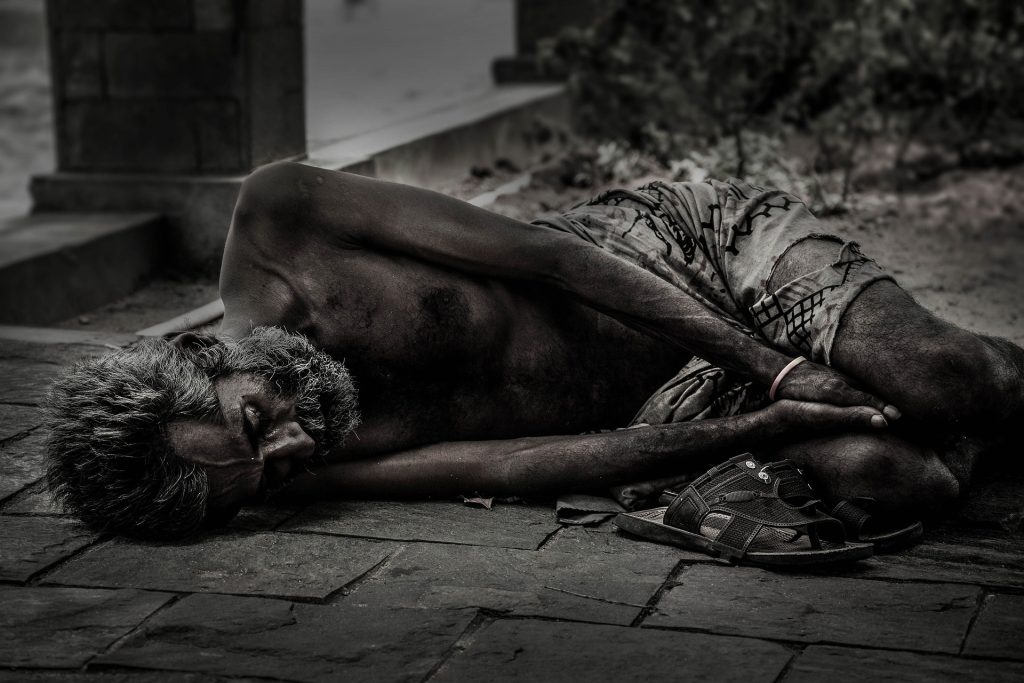
Widening Inequality
The inflation crisis has widened the income disparity in Bangladesh. Whereas the middle- and upper-income groups can absorb some of the shocks through savings or diversified sources of income, the poorest segments have no such buffer. This growing divide threatens to undo years of progress in poverty alleviation and economic development.
Government Response
The government of Bangladesh has taken some remedial measures to soften the impact of inflation: through price subsidization of essential commodities, expanding social safety net programs, and giving direct cash transfers to poor households. However, all these efforts have been plagued by resource constraints, inefficiencies, and corruption, which reduce their effectiveness.
Also, the monetary authority has implemented a tight monetary policy to control inflation, raising interest rates. To bring back stable prices, it slowed down economic growth and made access to credit expensive, ultimately affecting small businesses and the larger economy.
The need for comprehensive solutions
The efforts to be made to mitigate the crisis of poverty caused by inflation have to be multifold. Food price stabilization will require improved agricultural productivity, improvement in supply chains, and reduced reliance on imported goods. Expanding social protection programs should go along with better targeting and more transparency in support for the most affected.
Besides, wage growth and more formal employment opportunities could complement the improvement in resilience at the household level among poor and low-income households. Of equal importance, investments in education, health, and infrastructure should be long-term to realize a sustainable reduction in poverty and inequality.
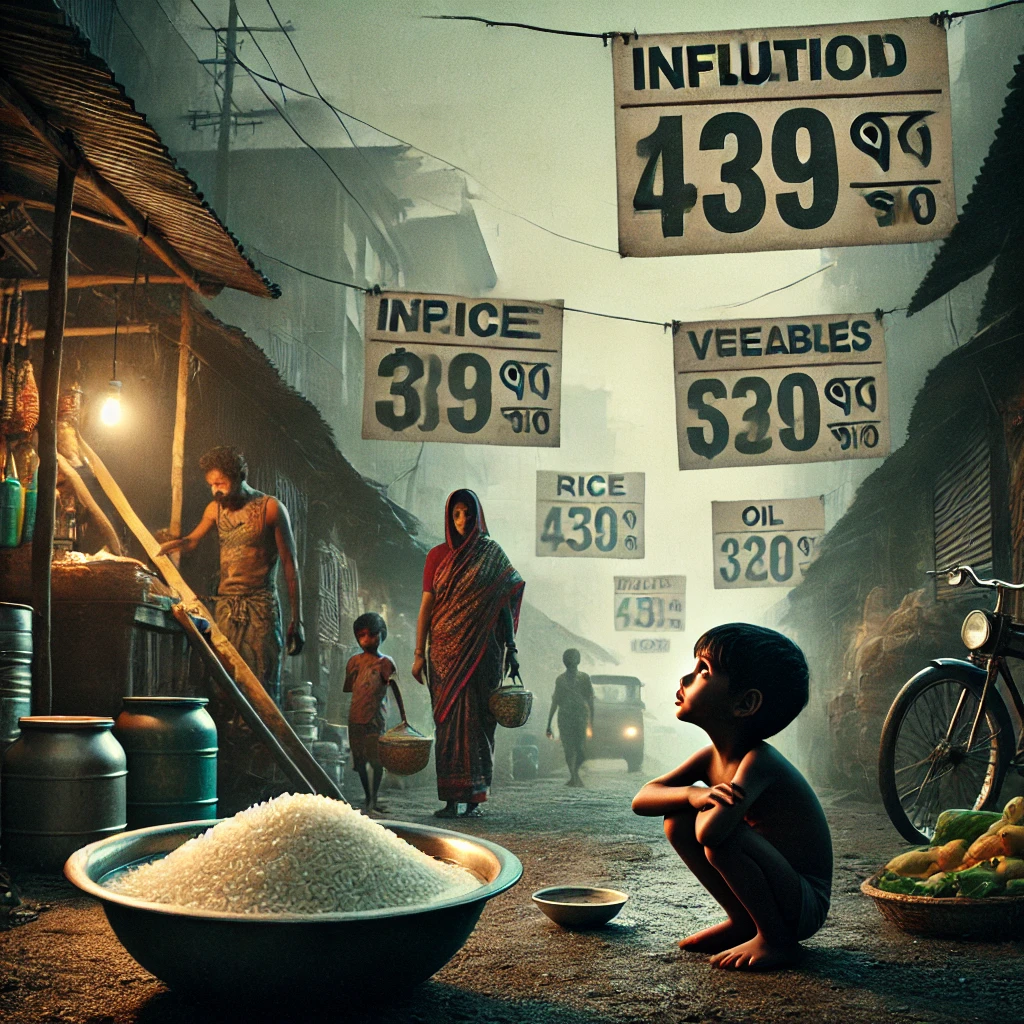
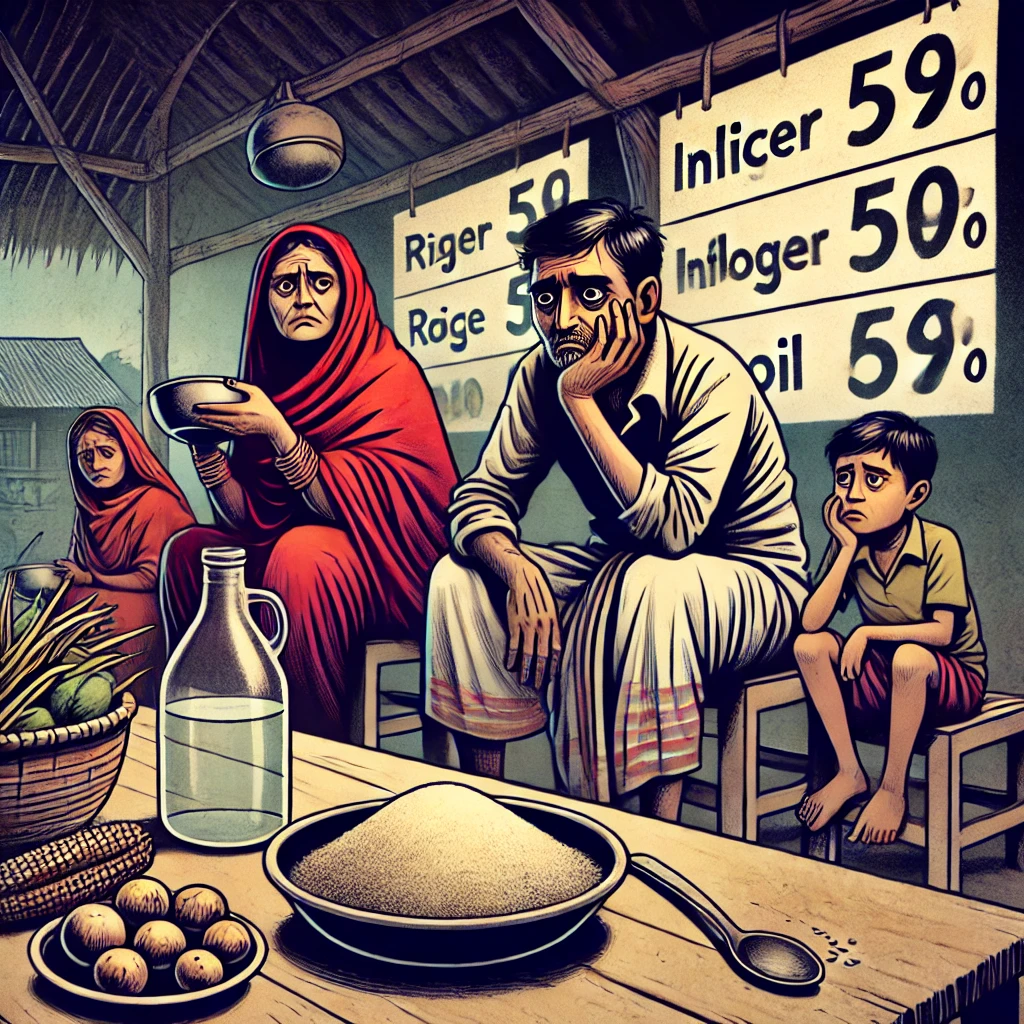
These findings from RAPID are a grim reminder of how terrible inflation has been for vulnerable populations. Unless urgent, bolder, and coordinated actions are taken, poverty in Bangladesh will worsen, and hard-won economic development and social progress will unravel. Defeating inflation and its insidious effects calls for bold policies and joint action by the government, private sector, and civil society in the creation of a more equal and resilient future.










